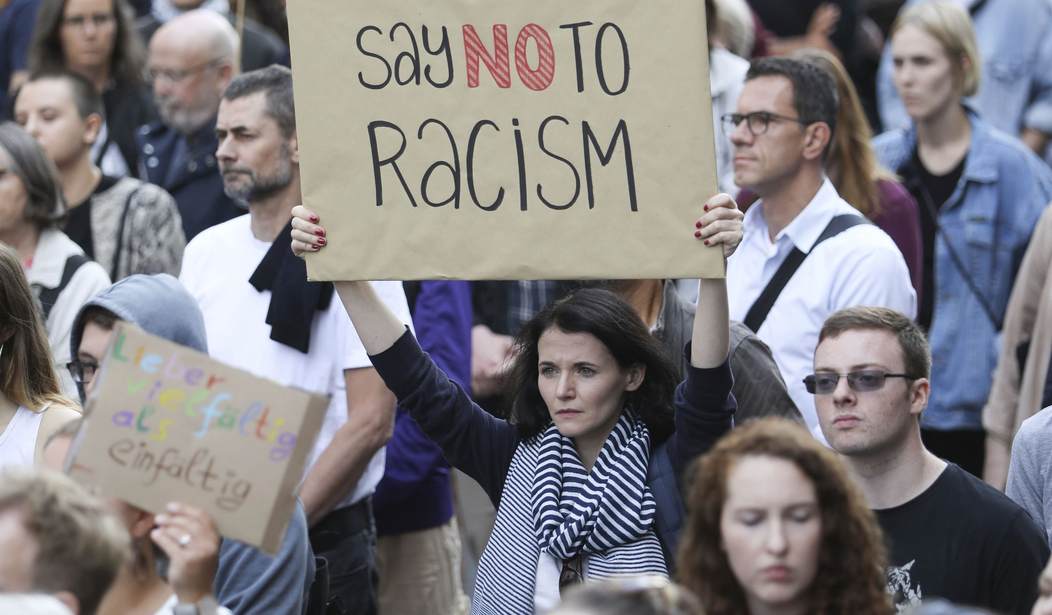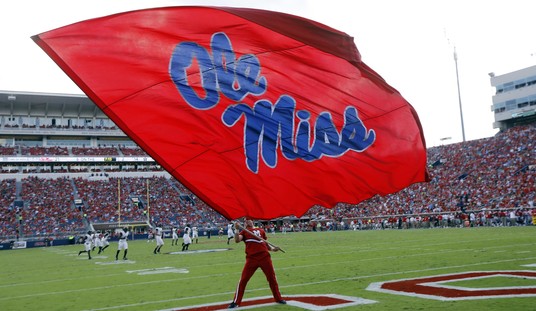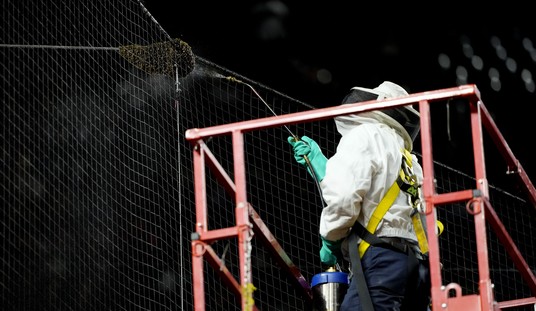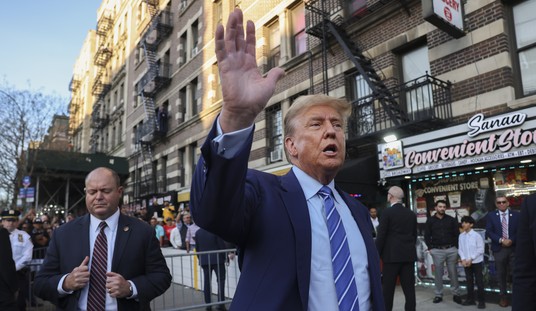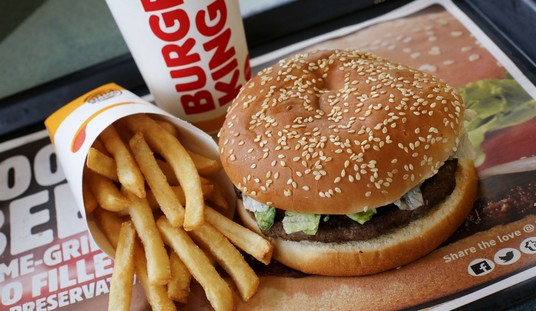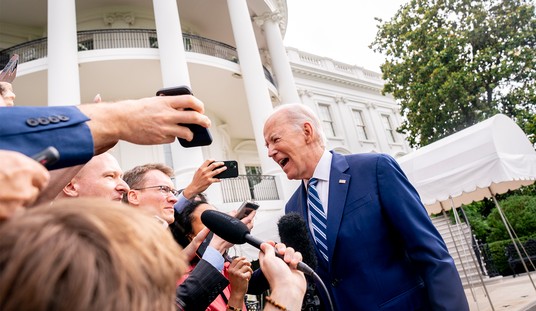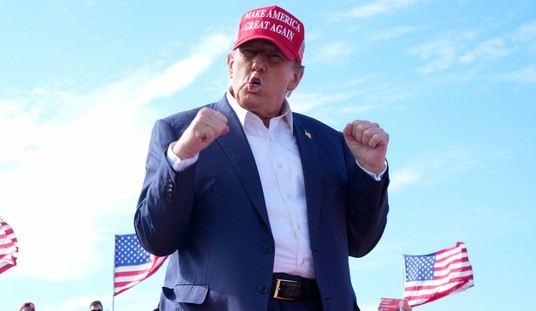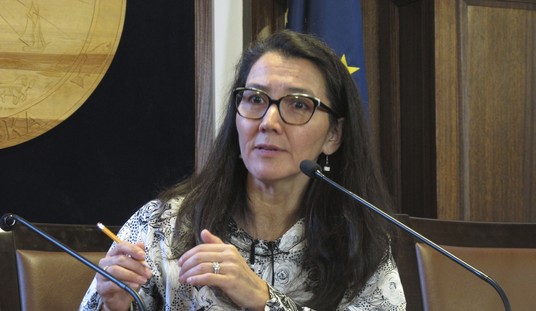It’s like white progressives are on a perpetual mission to show how out of touch they are with the minority groups they claim to champion. In this episode, a U.K.-based organization has released a report featuring a section in which they advise readers on how they should use language to avoid marginalizing black and brown folks.
An anti-racism initiative, Reframing Race, recommends avoiding phrases that associate negativity with blackness and positivity with whiteness, as they reinforce racist connotations. Their report, titled “Contains Strong Language,” offers effective words and messaging to combat racial inequality and racism.
For example, the guide urges against using imagery or descriptions that only apply to white people, as it risks marginalizing black and minority groups. Other recommendations include using inclusive language like “multi-ethnic working class” instead of “white working class” and talking about the “ideology of racism” instead of simply “racism” to avoid misunderstandings.
In the introduction, the report indicates that it is “not enough to be on the right side of the argument on racism” because “that alone does not ensure racial equity or justice.” Instead, the group’s objective is to “take what advocates, campaigners and activists know and understand about the problems of racism and race inequity and to convert that into social change.”
In one section, the organization suggests “reframing” certain words and expressions to make them less racist. For instance, one should not use terms like “the wealthy elite” because it “can trigger antisemitism and feed the conspiracy theories of far-right white nationalists.”
The group also suggests that people refrain from using terms like “denigrated,” “black mood, “dark times,” or “whiter than white.” Here’s why:
Associating whiteness with purity, cleanliness and goodness and blackness with evil and destruction serve to reinforce harmful tropes and the constructed racial hierarchy in which Black and Minoritised people are pushed to the bottom.
Okay, so this is some of the dumbest BS I’ve ever heard.
Could you imagine how the average black man would respond if you asked him if he is offended or oppressed by the term “dark times?” Whenever I read this type of content, it makes me wonder if these folks have ever sat down and had a beer with a regular black man or woman.
Various initiatives, like Reframing Race’s “Contains Strong Language” report, are likely compiled by mostly well-meaning people. However, such guidelines fall into the trap of being condescending and infantilizing to racial minorities, particularly black and brown communities.
The intention behind these guidelines may be positive, but there is a need to question whether they truly reflect the lived experiences and perspectives of the very communities they seek to empower. By imposing strict rules on certain words or phrases, these guidelines may inadvertently perpetuate a sense of superiority among white progressives, who assume the role of protectors and saviors of racial minorities.
One of the core issues with these guidelines lies in their attempt to shield racial minorities from any potential harm arising from common phrases that supposedly connect negativity to blackness and positivity to whiteness. While I agree that we should debunk harmful stereotypes and racial connotations, the approach should not be to underestimate the resilience and agency of black and brown individuals. Treating them as delicate beings inadvertently reinforces the very power dynamics that the guidelines aim to challenge.
The reality is that black individuals do not generally feel offended or harmed by colloquial phrases like “black mood” or “dark times.” In fact, many may use these expressions themselves without so much as thinking about their ethnicity. It is essential to recognize that racial minorities are diverse and complex individuals with a wide range of opinions and perspectives. Reducing them to a monolithic group whose feelings must be protected at all costs is patronizing and dismissive of their agency and autonomy.
White progressives have a bad habit of assuming the authority to dictate what language black folks should find offensive. When a black person indicates that they are not offended, some of these folks balk and sometimes devolve into racist tropes themselves. This report is indicative of the overall attitude many progressives have toward black and brown folks. They view us as poor, defenseless people who are in need of their protection and care. That’s where ideas like what we see in Reframing Race’s report come from. Unfortunately, when these people are in charge of government, they end up doing far more harm than good for racial minorities.

